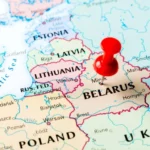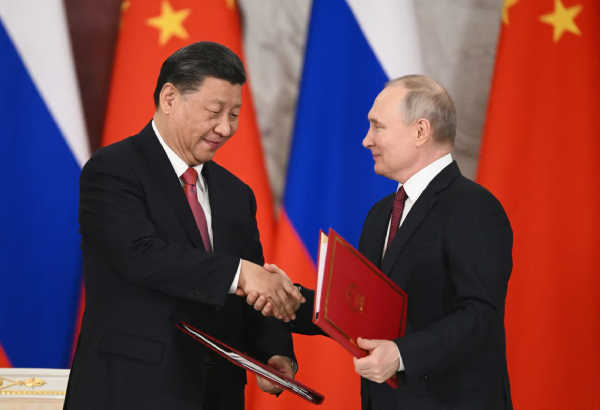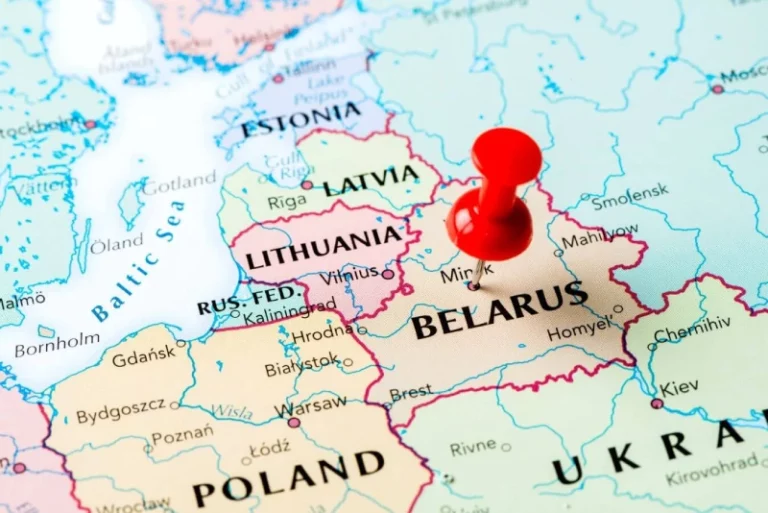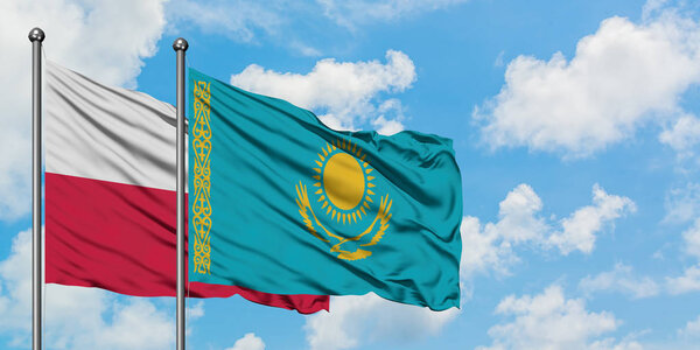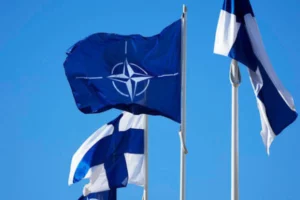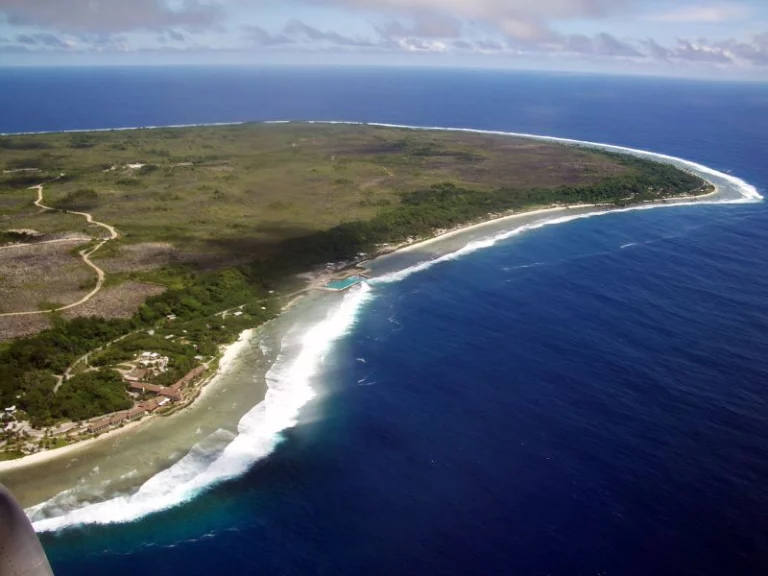The alliance between China and Russia is becoming increasingly apparent, with President Xi Jinping continuing to provide support for Russia’s actions in Ukraine. This stance is putting pressure on European leaders, who are calling on China to use its influence to persuade Russia to withdraw its troops from the region.
French President Emmanuel Macron recently visited China, hoping to convince Xi to back away from his support of Putin, but analysts suggest that he is unlikely to be successful in this endeavor. This is because Xi and other top leaders in China feel genuine sympathy for Russia and believe that Putin is being pushed into a corner by NATO expansion.
They see parallels with the US presence in the Indo-Pacific and are therefore unlikely to shift their position any time soon.
The president of the European Commission, Ursula von der Leyen, has also urged China to use its influence to broker a resolution to the conflict in Ukraine. She warned that China’s stance on the war would be a “determining factor” in the future of the EU-China relationship. While China has released a 12-point position paper on the war in Ukraine, seeking to position itself as a non-aligned broker in the conflict, this document mostly reiterated Beijing’s previous talking points and failed to dispel concerns about China’s relationship with Russia.
While European leaders are unlikely to convince China to drop its support for Russia, they are also worried about the broader implications of the growing alliance between China and Russia. They fear that this partnership could weaken the West’s ability to counteract China’s global ambitions, leading to an erosion of democracy, human rights, and the rule of law.
China’s economic support for Russia is a cause for concern, with experts warning that this could result in increased pressure on vulnerable foreign firms and greater market share in developing countries. Chinese actors are looking to drive wedges between US allies and increase national technological autonomy, which could further harm Europe’s relationship with China.
The growing alliance between Russia and China poses a significant challenge for Europe, which is struggling to balance its economic interests with its geopolitical concerns.
While it is clear that European leaders will continue to push China to change its stance on Russia, it is unclear how effective these efforts will be in the face of China’s growing power and influence on the global stage.





